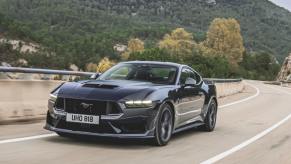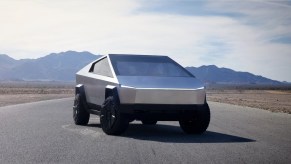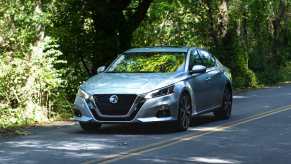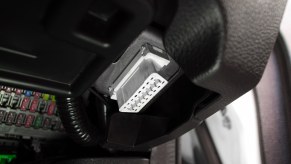
This Sports Coupe Will Spank a Ford Mustang Dark Horse With Fewer Cylinders
When it comes to snappy acceleration, the Ford Mustang Dark Horse doesn't have a thing on the BMW M240i xDrive.
We’re sorry, we can’t find the page you are looking for or it may have been moved. But here are some of our newest stories that may interest you.







